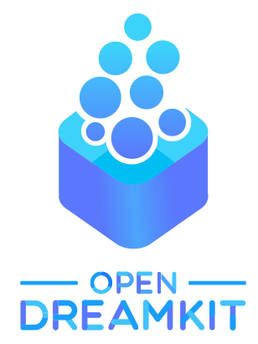OpenDreamKit
- Homepage
- http://opendreamkit.org/
- Started
- 1st September 2015
- Ended
- 30th September 2019
- Research Team
- Marijan Beg
- Investigators
- Hans Fangohr
OpenDreamKit will deliver a flexible toolkit enabling research groups to set up Virtual Research Environments, customised to meet the varied needs of research projects in pure mathematics and applications, and supporting the full research life-cycle from exploration, through proof and publication, to archival and sharing of data and code.
OpenDreamKit will be built out of a sustainable ecosystem of community-developed open software, databases, and services, including popular tools such as LinBox, MPIR, Sage(sagemath.org), GAP, PariGP, LMFDB, and Singular. We will extend the Jupyter Notebook environment to provide a flexible UI. By improving and unifying existing building blocks, OpenDreamKit will maximise both sustainability and impact, with beneficiaries extending to scientific computing, physics, chemistry, biology and more, and including researchers, teachers, and industrial practitioners.
We will define a novel component-based VRE architecture and adapt existing mathematical software, databases, and UI components to work well within it on varied platforms. Interfaces to standard HPC and grid services will be built in. Our architecture will be informed by recent research into the sociology of mathematical collaboration, so as to properly support actual research practice. The ease of set up, adaptability and global impact will be demonstrated in a variety of demonstrator VREs.
We will ourselves study the social challenges associated with large-scale open source code development and publications based on executable documents, to ensure sustainability.
OpenDreamKit will be conducted by a Europe-wide steered by demand collaboration, including leading mathematicians, computational researchers, and software developers with a long track record of delivering innovative open source software solutions for their respective communities. All produced code and tools will be open source.
Categories
Physical Systems and Engineering simulation: Magnonics, Materials, Micromagnetics
Algorithms and computational methods: Finite differences
Visualisation and data handling software: h5py, HDF5, Mayavi, ParaView, Pylab, Visual Python, VTK
Software Engineering Tools: Emacs, Git
Programming languages and libraries: C, C++, IPython/Jupyter Notebook, Python
Computational platforms: VirtualBox
Transdisciplinary tags: Scientific Computing, Software Engineering, Visualisation
